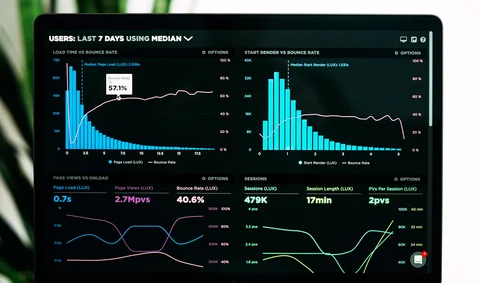
There are some pieces of information startups should absolutely track when signing a new customer contract. Here at Kruze, we frequently have to deal with the consequences of missing customer information, so to help out your accounting team, please make sure you collect the following information:
1. Customer Name & Customer Address
This may seem obvious but they are something companies forget all the time. Please get both the customer name and the customer’s address!
These are both incredibly important for determining tax nexus. If you are selling to a lot of customers in a given state, you may trigger sales or economic nexus and have to filesales taxes in that state. You might also have to register your startup to do business in that state. Your accountant will also have to apportion the revenue on a state-by-state basis for your annual tax return. We see hundreds of clients forget to get this information every year, so please remember that it’s important to track this information.
2. Customer Phone Number
You will also need your customer’s phone number. This is something we frequently have to battle for at Kruze, since our clients occasionally don’t want to share their phone numbers. That makes it difficult to get in touch with them in case of an emergency or other urgent matter. So please get your customer’s phone number.
3. Product Name and Quantity Sold
Startups should keep a record of the product name and the quantity of any products sold. You may have multiple SKUs (stock keeping units) but make sure you track exactly what you sold to your customerWhats.
4. Unit Price
Finally, the last piece of information you want to make sure you know is the unit price of each item sold. Remember, your revenue = quantity sold x unit price. Knowing your total revenue is incredibly important.
Payment Terms and Contract Durations
As a side note, payment terms are a big deal. Especially if you can negotiate getting paid upfront – that can be a huge lift for your company. If you are waiting for two to three months to be paid, that can really mess up your cash conversion cycle. It can even be the difference between having to take another round of capital or not. So get those payment terms defined and ensure you know exactly when you are going to collect any payments.
Another thing that is very important to clarify is the contract duration. Knowing how long the contract is, such as whether it’s a one-month deal or a 12-month deal, when the work will start, and when the work ends is crucial for revenue recognition purposes. Sometimes we, as accountants, are given invoices that are somewhat vague. We don’t actually know exactly when the contract and the work starts!
If, for example, you’re doing a 12-month deal then we need to recognize one-twelfth of that deal every month for the next 12 months. But you can’t do that unless you’re about to start work, so that you’re actually providing value to the customer. Therefore, knowing the dates of service are really important.
Follow Customer Data Best Practices
By followingbest practices, your accountant will be happier, the work will take less time, and you’ll get billed less! Being provided with all the necessary information means we don’t have to spend so much time asking you questions and making sure the account is correct and in order.
If you have any other questions on accounting best practices, valuations, startup investing, startup accounting or taxes, please contact us.
You can also follow our YouTube channel and our blog for information about accounting, finance, HR, and taxes for startups!















